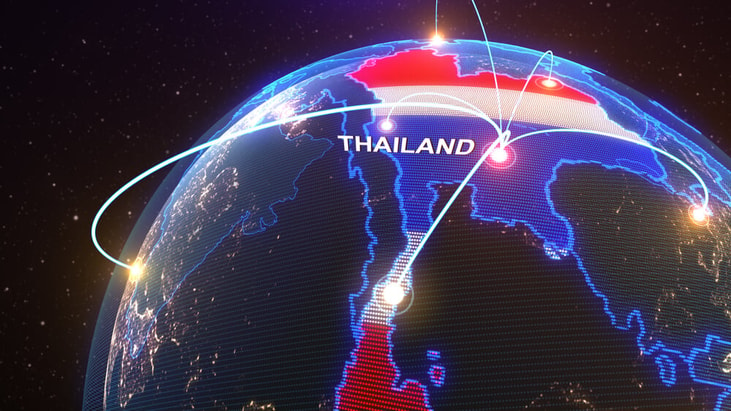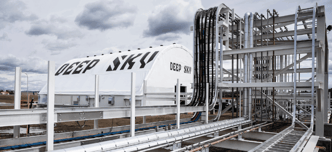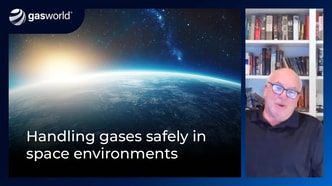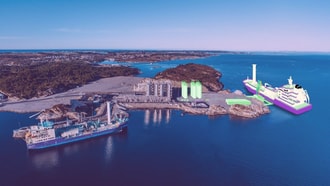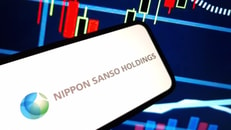Nippon Sanso sells Thai subsidiary after portfolio review
Global industrial gases group Nippon Sanso Holdings Corporation (NSHD) has sold its majority stake in Thai industrial gas distributor Taiyo Gases, as it continues to refocus its operations in Asia and globally.
The 68% stake, held across three group entities – Nippon Sanso Holdings Corporation, Nippon Sanso Holdings Singapore, and Siam Nippon Sanso – was transferred to Japan-based Tomoe Shokai and its affiliates, including Thai-Japan Gas. The transaction was completed on 31 March.
Taiyo Gases, established in 2016 and based in Bangkok, sells liquefied petroleum gas (LPG) and industrial gases such as oxygen and nitrogen. The company was launched to expand NSHD’s product offering in Thailand and to complement the gas operations of Nippon Sanso (Thailand), which remains a separate entity.
According to the company, the sale followed a portfolio review of its Asian operations and reflects a shift in strategy.
... to continue reading you must be subscribed

